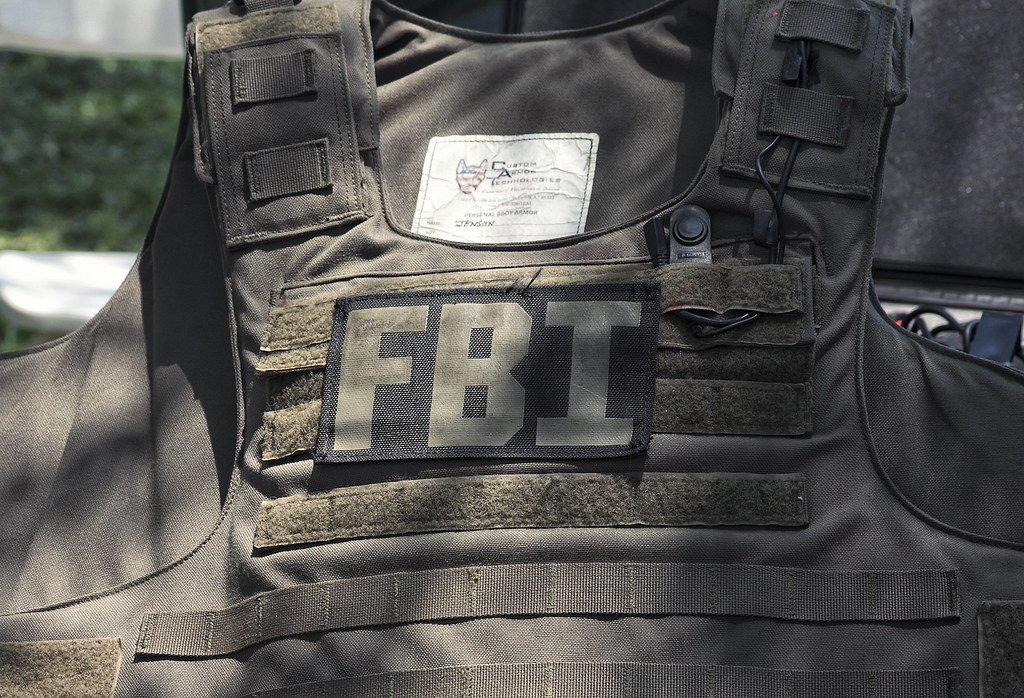Key Takeaways
- Leonard Peltier’s life sentence was commuted to home confinement by President Biden.
- Peltier served decades for the disputed killing of two FBI agents in 1975.
- Supporters call him a political prisoner; critics label him a killer.
- He now lives on the Turtle Mountain Reservation under strict rules.
- His case highlights debates over justice, activism, and Native American rights.
In June, President Biden took a surprising step. He commuted Leonard Peltier’s life sentence. Instead of prison, Peltier must stay confined at home. He now lives on the Turtle Mountain Reservation in North Dakota. His case has drawn support and criticism for decades. Meanwhile, many still debate whether justice was served.
Background of Leonard Peltier Case
Leonard Peltier’s story began in the early 1970s. He joined the American Indian Movement to fight for Native rights. Tensions rose between agents and activists on reservations. In 1975, two FBI agents were shot and killed on the Pine Ridge Reservation. Authorities blamed Leonard Peltier for those deaths. At his trial, prosecutors presented disputed evidence. Therefore, Peltier received two life sentences. He has always denied guilt.
However, human rights groups called Peltier a political prisoner. They argued his trial was unfair. They pointed to missing records and alleged misconduct. Meanwhile, critics insisted he killed the agents and deserved life in prison. Over the years, his supporters filed appeals. They asked every president for clemency. Yet no one granted relief until now.
President Biden’s Decision
President Biden’s commutation marks a dramatic turn. He stopped Peltier’s life sentence and replaced it with home confinement. Biden’s choice came after years of petitions and letters. Advocates said it was time for mercy. They cited Peltier’s advanced age and fading health. Also, they pointed to doubts about his conviction.
However, some critics called the move unfair. They insisted the FBI agents’ families deserved closure. They worried home confinement was too lenient for such a serious crime. Despite that, the president chose compassion. He emphasized Peltier’s health and the years he already spent behind bars.
Life on Turtle Mountain Reservation
Now, Leonard Peltier lives in a simple house on the Turtle Mountain Reservation. He must follow strict rules. First, he cannot leave the reservation. Second, he must check in regularly with his officer. Third, he cannot use illegal substances. If he breaks these rules, he could return to prison.
Despite limits, Peltier finds comfort at home. He is near family and tribal friends. He walks the same land he once dreamed of serving. In interviews, he expresses mixed feelings. He feels relief for freedom at last. Yet he knows tension remains over his past.
For example, visitors must get approval before arriving. Media access also comes by special request. Consequently, Peltier’s life stays under a close watch. Still, supporters see this as a fresh start. They hold gatherings to welcome him home. They celebrate his activism and resilience.
Perspectives on Justice and Activism
Several groups weigh in on Peltier’s case. Human rights advocates call it a symbol of injustice. They argue the U.S. treated indigenous activists harshly. They point to other cases of political prisoners worldwide. Meanwhile, law enforcement officials stress accountability. They say two agents died and deserve full justice.
Additionally, Native American communities reflect deeply on the issue. Some feel Peltier’s fight inspired their own activism. Others worry his story tarnishes the movement. They fear critics will link all protests to violence. Yet many still honor his dedication to tribal rights.
Therefore, the debate over Leonard Peltier continues. It touches on larger themes of government power, protest, and healing. It also raises questions about how we balance mercy with accountability.
What Comes Next
Peltier now must adapt to life under home confinement. He plans to write about his experiences. He also hopes to speak occasionally at approved events. He wants to help young Native activists learn from his story.
Meanwhile, both supporters and critics will watch closely. They will track any rule violations or public statements. They will also monitor Peltier’s health. Given his age and past medical issues, time feels precious. Yet this chapter offers an opportunity for dialogue.
In the long run, Leonard Peltier’s case may influence how the justice system handles political activism. It could prompt reviews of other contested convictions. It might also lead to stronger protections for indigenous protesters. Only time will tell if healing begins or divisions deepen.
Final Thoughts
Leonard Peltier spent nearly fifty years behind bars. His commuted sentence shows that justice can be reexamined. It also reminds us that public opinion and activism can sway powerful decisions. Ultimately, his home confinement highlights the ongoing struggle for Native American rights. Through it all, Peltier’s name remains a beacon of controversy and hope.
Frequently Asked Questions
What led to Leonard Peltier’s original conviction?
He was convicted for killing two FBI agents on the Pine Ridge Reservation in 1975. His supporters argue the trial used unfair evidence.
Why did President Biden commute his sentence?
The president cited Peltier’s age, health concerns, and doubts about his trial fairness. He aimed to show mercy after decades of petitions.
Where is Leonard Peltier living now?
He lives under strict home confinement on the Turtle Mountain Reservation in North Dakota. He cannot leave and must follow special rules.
How do people view this decision?
Supporters see it as a victory for justice and Native rights. Critics believe it is too lenient given the seriousness of the crime.
